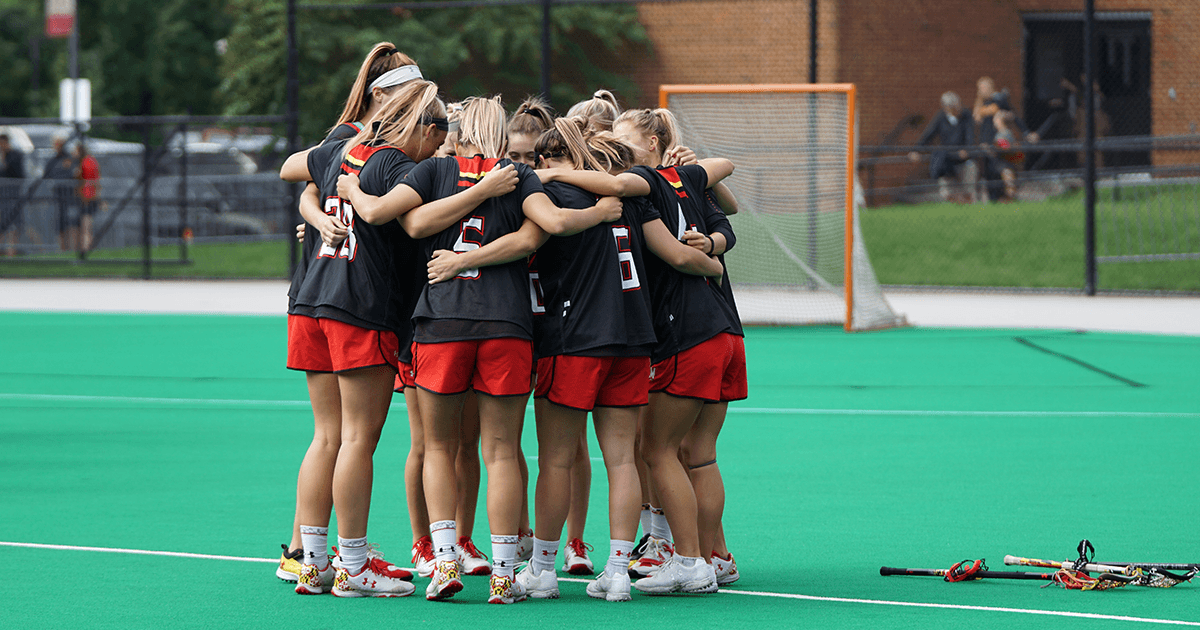
A biological male athlete who identifies as transgender as well as transgender activists recently stated grievances against sports governing bodies like the NCAA for “regressing” from “efforts to create a safe and inclusive environment” for male athletes who identify as transgender. The complaints come despite an increasing number of girls’ and women’s sporting events being dominated by biological males.
The Washington Stand has found that there have been at least 28 separate girls’ and women’s sports titles that have been won by biological males (or have included biological men as part of a winning women’s team) in the last 19 years, with the trend accelerating exponentially in the past three years.
These events include the downhill mountain biking Canadian National Championships in 2003, the Long Drivers of America (LDA) women’s competition in 2008, the Trofee Maarten Wynants cycling race in 2015, the 2018 and 2019 UCI World Masters Track Cycling Championships, the 2019 national championship for bench press, two Commonwealth Championships (2017 and 2019) and one Pacific Games championship (2019) in weightlifting, the Division II NCAA championship 400-meter hurdles in 2019, the 100 and 200 meter high school Connecticut state championships in 2018, the 100 and 200 meter high school New England regional championships in 2018, two mountain bike New Zealand national championships in 2018 and 2019, the 100, 200, and 400 meter races at the Italian Paralympic national championships in 2020, the volleyball Brazilian Cup in 2022, six Ivy League swimming championship titles in 2022, and the 500-yard Division I NCAA swimming championship in 2022.
These titles do not include the multiple second place, third place, and other finishing spots in women’s events awarded to biological males that would have been won by biological females had the events been for biological females only.
In one of the most recent examples, which many are seeing as a symbolically poignant moment that encapsulates the debate over the fairness of biological males competing in women’s sports, two men were pictured kissing each other on the winner’s podium for the women’s ThunderCrit cycling event in London on June 2. The men had placed first and second in the event, with a biological woman placing third. As reported by The Post Millennial, the male winner of the event had won male cycling competitions “as recently as February” 2022.
A growing number of female athletes are voicing their concerns about letting biological males compete in women’s events. Before the University of Pennsylvania swimmer Lia Thomas — who is a biological male who spent three years on the men’s team — won the women’s 500-yard Division I NCAA swimming championship in March, 16 women on Penn’s swim team wrote a letter saying that Thomas should not be allowed to compete women’s events.
“Biologically, Lia holds an unfair advantage over competition in the women’s category, as evidenced by her rankings that have bounced from #462 as a male to #1 as a female,” the letter said.
Mary Szoch, director of Family Research Council’s Center for Human Dignity, agrees. “After three years of trying and failing to make the basketball team at the University of Notre Dame, finally, my senior year, I earned a jersey and the very last seat on the bench,” she noted. “Had the NCAA made ‘accommodations’ to allow men to compete in women’s sports, I would have never had the opportunity to accomplish my dream of playing for a National Championship. No woman should be forced to sit in the stands because a male takes her spot on the floor.”
Recent poll results indicate that the American public largely agrees with this sentiment. When asked in a poll commissioned by FRC Action if biological males should be allowed to compete against biological females in women’s K-12 and college sports, a significant majority (61%) disagreed, while just 18% agreed.
------------------------------
Dan Hart is senior editor at The Washington Stand. His writing has appeared in such outlets as National Review, The Federalist, First Things, The Stream, The Christian Post, the National Catholic Register, and others.
















